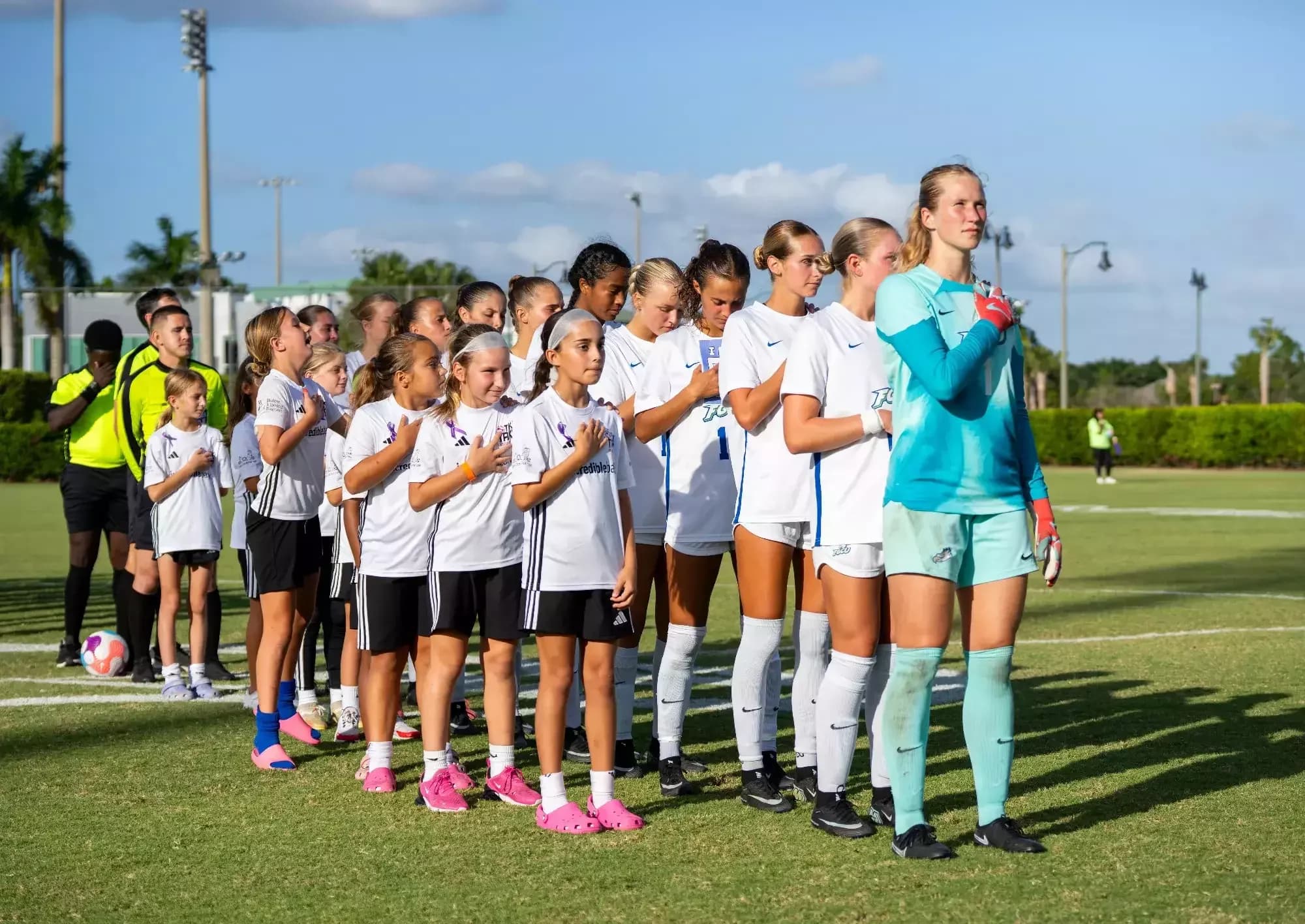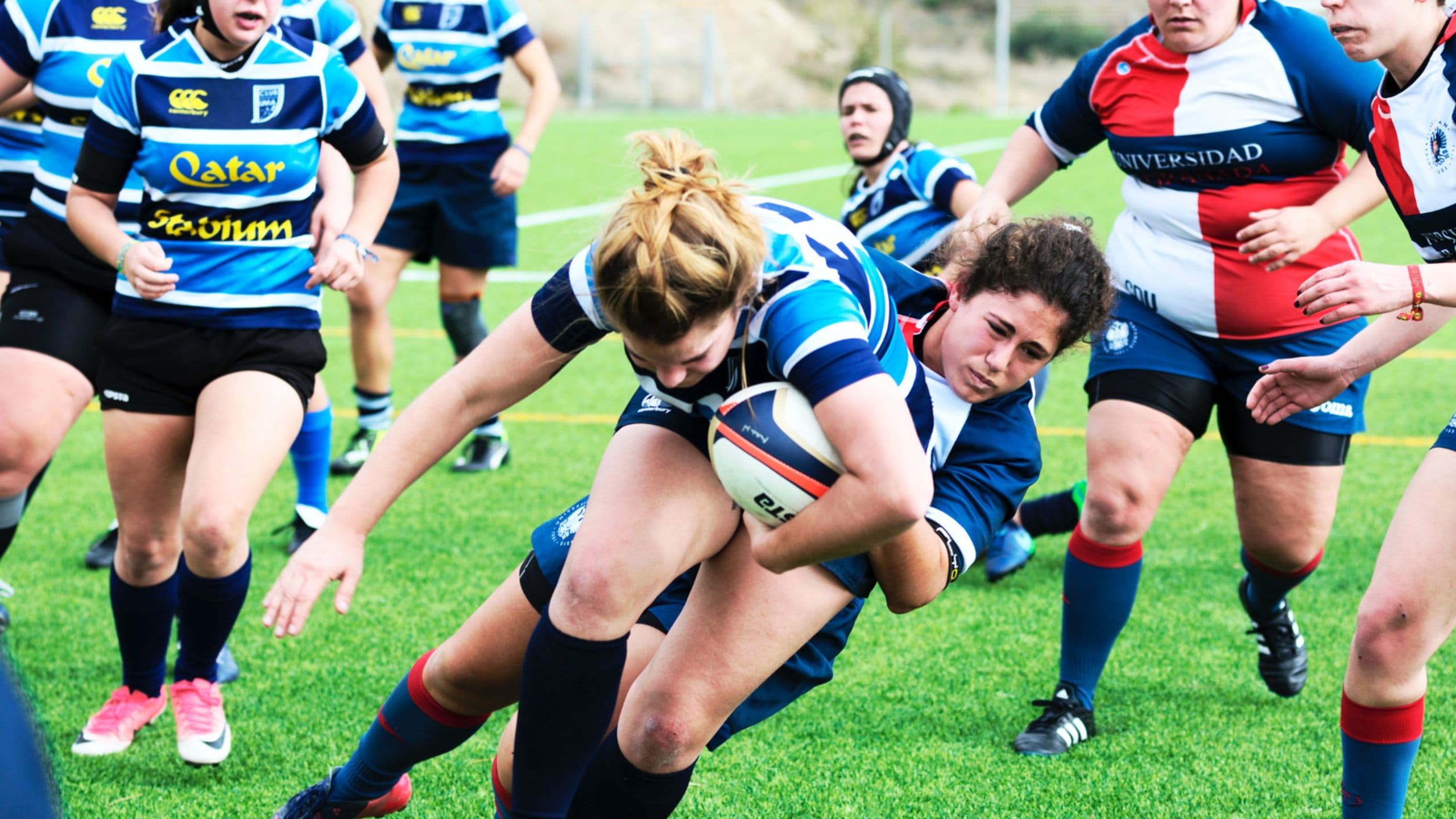
What Is College Rugby In The U.S.
College Rugby offers the perfect opportunity to combine elite competition with personal development and future opportunity. The college Rugby environment is competitive and highly organized, closely mirroring a professional setup. It provides student-athletes with elite coaching, dedicated support, and often state-of-the-art training facilities.
Why College Rugby is so Special:
- Team Spirit: Your teammates become your family as you fight together for national championships.
- A Global Network: Build lifelong friendships and connect with people from across the globe, opening doors to international career opportunities.
- Personal Growth: Thrive in a unique environment that builds resilience, character, and the professional discipline that will define your success for years to come.
For the most talented, this route serves as a strategic stepping stone: many elite graduates from top college programs go on to compete professionally in international leagues or join national teams, proving it is a viable route to the highest ranks of the sport. College Rugby opens doors for your future career, whether in professional sports or the corporate world.
Combination
Train daily at a high level while earning an internationally recognized degree.
Funding
Academic and athletic scholarships cover tuition and living costs.
Career
Your degree and college experience open doors worldwide and are highly valued by employers.
Make it to The Next Level
Maximize your Rugby potential and use the College Rugby competition pipeline as the ultimate proving ground to make it to the professional ranks.
Hear From Our Athletes
Read what our athletes have to say about their experiences with us.
Working with Smarthlete was one of the best decisions I’ve ever made. The entire process was smooth, professional, and stress-free. I always felt supported - Ben was there for me 24/7, answering every question and guiding me through every step. Thanks to Smarthlete, I’m now living my dream of playing college soccer in the U.S. in Los Angeles. I truly couldn’t have done it without them!
Fabio Jäger
Westcliff University, NAIA
We have already secured more than $23 million in scholarships for our athletes – and counting.
Over the years, we have helped thousands of athletes worldwide find the perfect university and the right scholarship in the USA. Currently, more than 400 former Smarthlete clients are studying at colleges across the United States.
We support athletes and families personally, closely, and transparently – reflected in a 95% satisfaction rate.
They Turned Their College Dream Into Reality
Discover what it really means to live and compete in the U.S.- this could be your journey next.
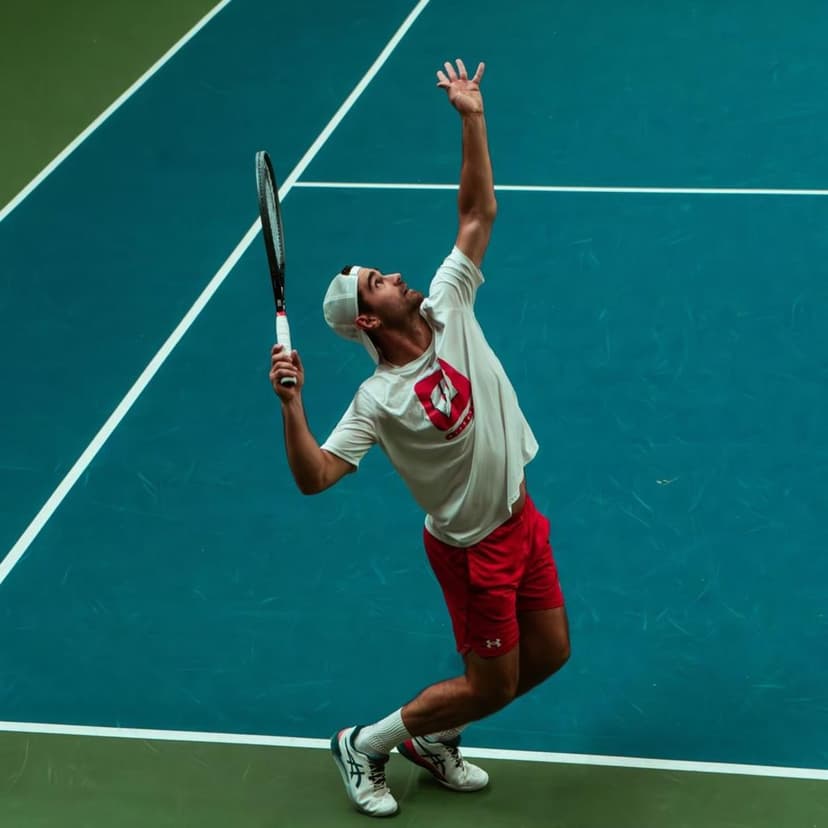
Interview with Gabriel Huber
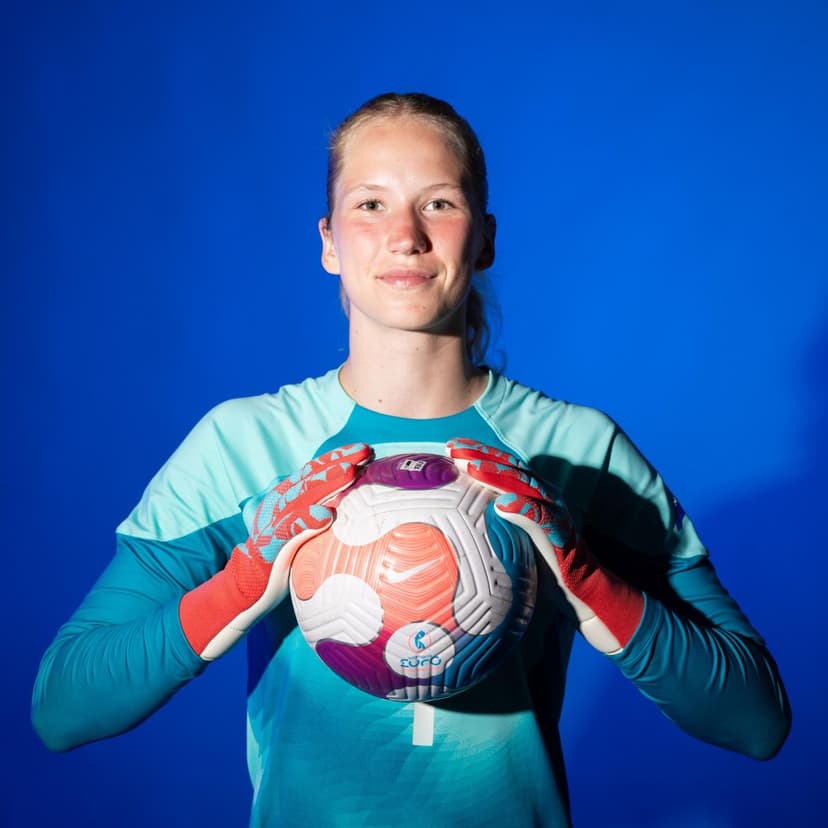
Interview with Madara Matrevica
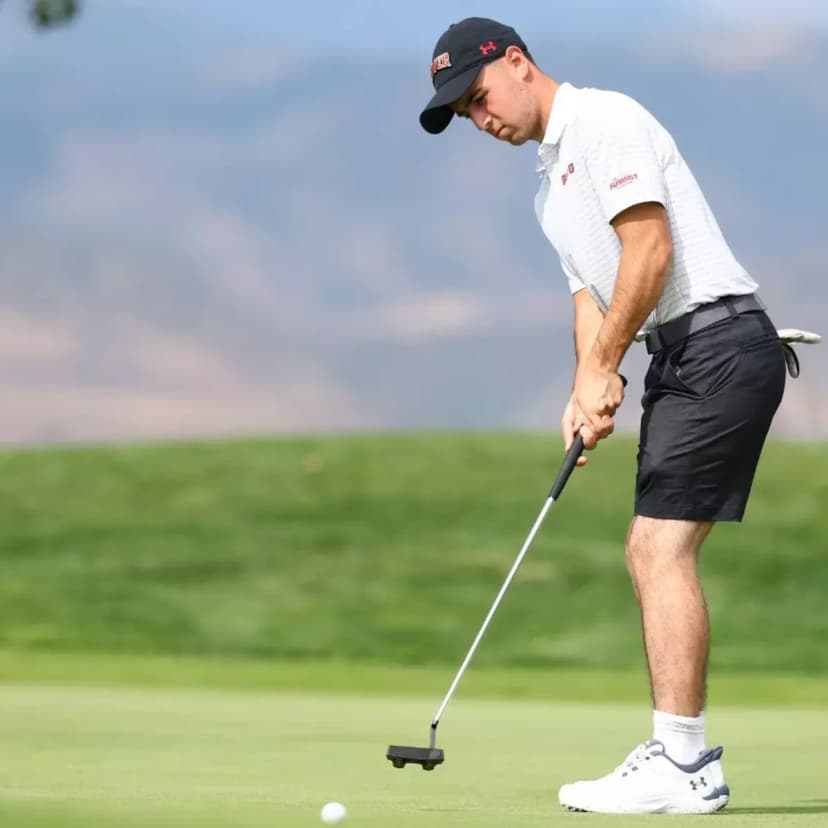
Interview with Arthur Akpinar
U.S College Rugby

What Does a Day in The Life of a Student-Athlete Look Like?
Depending on the time of the year, most student athletes start their day with morning practice, which means getting up early. These practices might include strength and conditioning workouts in the gym and typically last 1-2 hours. After the early workout or practice, athletes go to the cafeteria to eat breakfast, followed by classes, usually between 8:00 a.m. and noon. After that, it’s lunch time together in the dining hall with their teammates or other friends.
Teams typically have a 2-3 hour practice session in the afternoon. This is often the primary training session of the day. If not in practice, athletes may use this time for additional classes, attending labs, or study hall. Student athletes can also be scheduled for ice baths, stretching, or physical therapy to prevent injuries and recover after training.
In the evening there is plenty of time to do homework, relax, and socialize. While you have a meal plan in college, you will most certainly also go out for dinner at times and find some other fun things to do with your friends.
Game days or competitions can be scheduled to take place over the weekend, but also during the week.
What Does The Recruiting Timeline & College Rugby Season Look Like?
Recruiting Timeline
The college Rugby recruiting process is highly competitive and requires early preparation. Coaches at top programs begin evaluating athletes well in advance, often securing commitments from their strongest prospects up to two years before enrollment. That’s why we strongly recommend starting your recruiting journey 18 to 24 months before your intended college start date.
Beginning early allows you to build relationships with coaches, film your progress, complete necessary eligibility steps, and receive offers before athletic budgets are depleted. While starting later is certainly possible, the reality is that the best opportunities may have already been taken up, limiting your options at a late stage. A head start is the most reliable way to position yourself for a wide range of choices.
College Rugby Season
During the official college Rugby season, teams compete in a rigorous schedule of non-conference and conference games or meets, representing their schools in pursuit of a conference championship and a spot in the National Tournament. The schedule is intense, with competitions often scheduled on weekends or in blocks. This demanding schedule requires student-athletes to balance academics, competition, and training at a high level.
The remaining time of the year serves as the off-season or non-traditional season, focusing heavily on strength and conditioning, specialized training, and individual skill development. It focuses on recovery followed by an intensive cycle of building base fitness and strength. Pre-season typically includes specific conditioning routines, testing, and early practice sessions. This year-round structure makes college Rugby both challenging and rewarding, pushing athletes to continuously improve and perform at their best while earning a degree.


How High a Scholarship Can I Get?
The amount of college Rugby scholarship you can receive depends on several key factors - most importantly your athletic level, the division or association you're targeting (NCAA Division I, II, III, NAIA, or Junior College), and the specific college or university you aim to join.
Full-Ride Scholarships
A full-ride Rugby scholarship covers tuition and fees, housing, meal plan, books, and sometimes even travel or personal expenses. This is the highest level of scholarship support available. Only a small number of players receive full rides each year, typically top-ranked international or national-level athletes competing for major NCAA Division I or elite NAIA programs.
Partial Scholarships
Most college Rugby players receive partial scholarships, which cover a portion of total college costs (for example, part of tuition or housing). Coaches often divide their total scholarship budget among multiple players to build a strong overall team, meaning that performance, ranking, and potential all play key roles in determining how much aid you receive.
Academic and Additional Financial Aid
Many colleges also offer academic scholarships and need-based financial aid. In many cases, these can be combined with athletic scholarships to significantly lower your total cost of attendance. Strong grades and test scores can make a big difference, as academically successful players are often more attractive to coaches and more likely to receive additional financial support.
Anywhere, Anytime. Desktop or Mobile.
Be on top of your game when speaking with coaches. Having access to college data helps.
College Placement
Our service plans ensure you have the right level of support you need.
Always included
- Shareable recruiting profile
- Access to our client portal
- College database
- Navigation through the process from A to Z
- Dedicated recruiting expert
- College "Eligibility" review
- Support with all admin tasks
Take a Look at Our Athletes' Successes
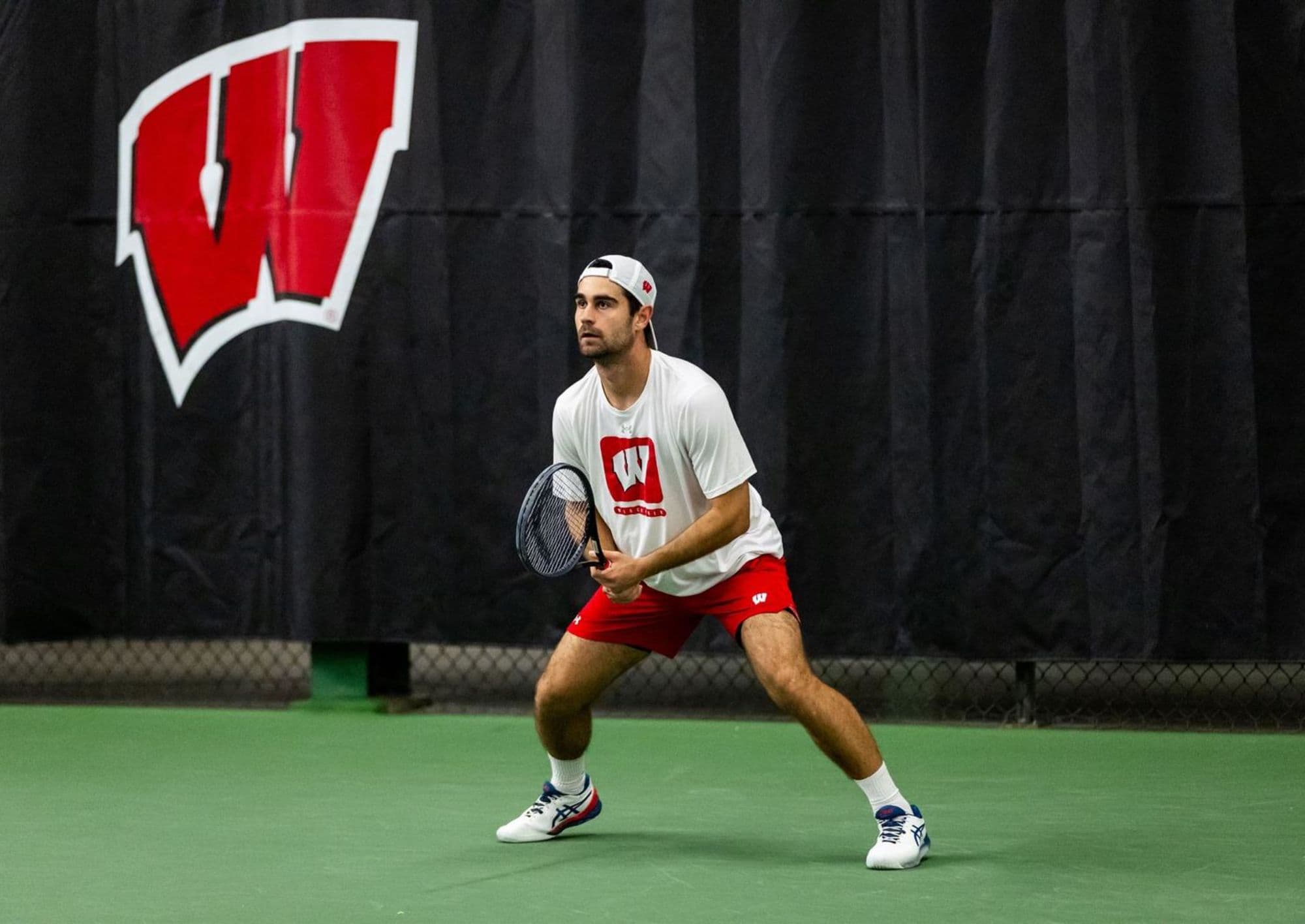
The Wisconsin Way: How Gabriel Huber Mastered the Balance of Elite Tennis and Finance in the Big Ten
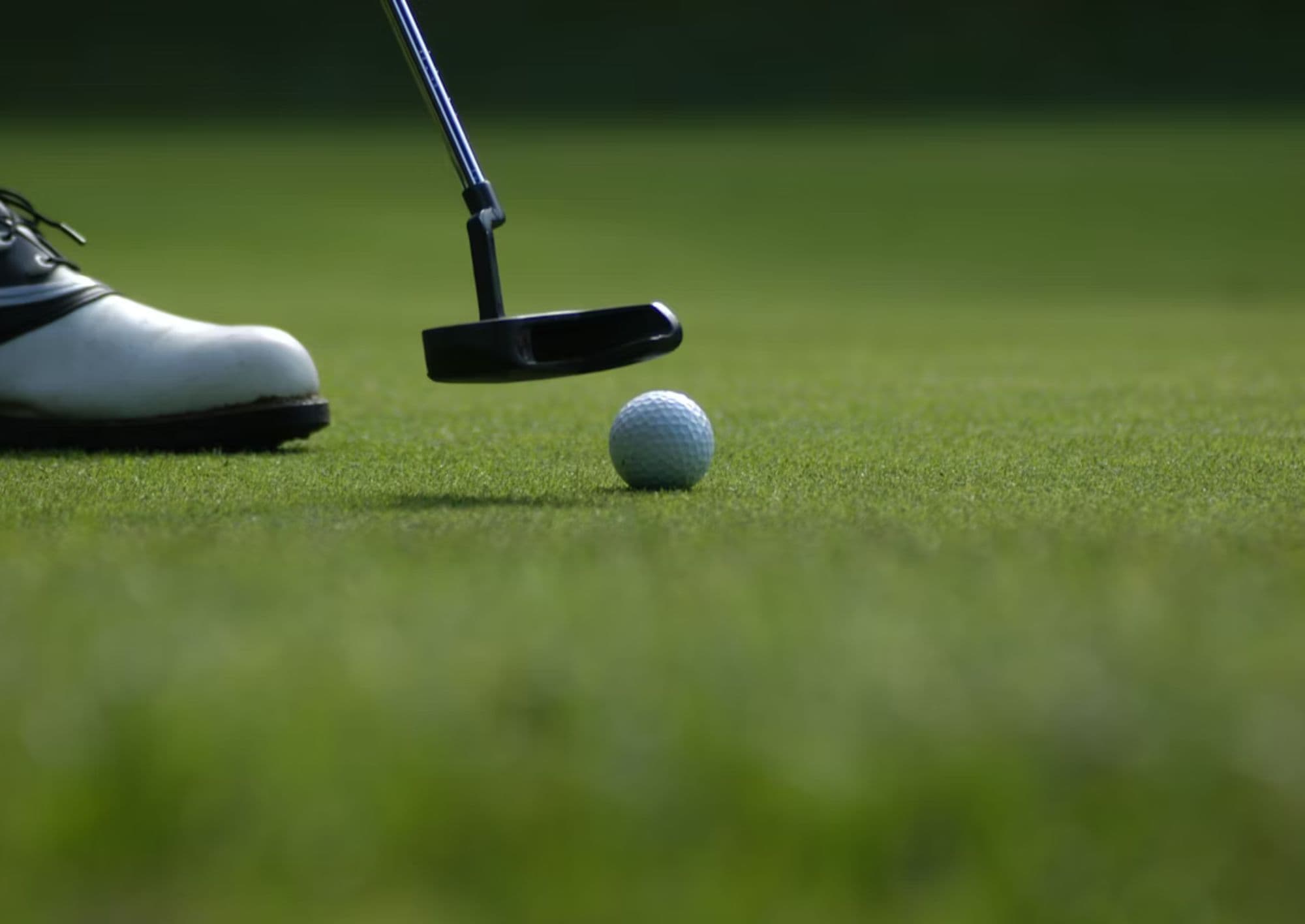
From Berlin to Denver: Arthur Akpinar’s First Semester at the University of Denver
